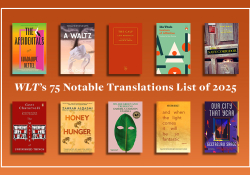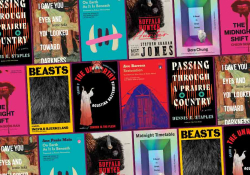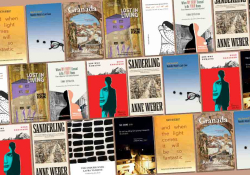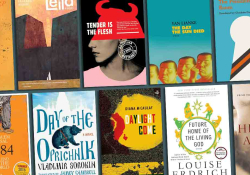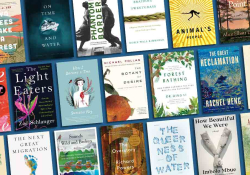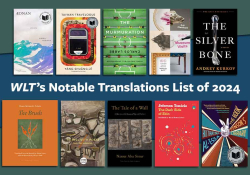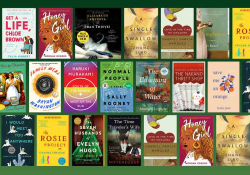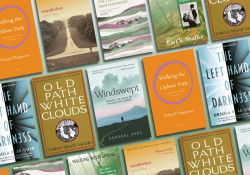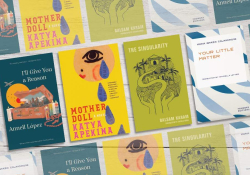New Books: Temperatures Rising
As icecaps melt and cities swelter, are we are on the brink of disaster? In these four books, environmental collapse seems unavoidable or has already begun. The characters all wrestle with the same question: in the face of disaster, do individual choices matter?
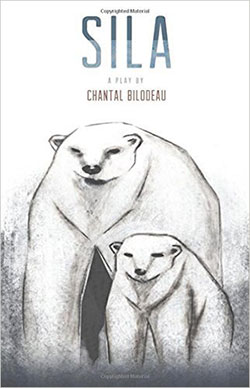 Chantal Bilodeau
Chantal Bilodeau
Sila
Talonbooks
Above the Arctic Circle, ecosystems have already begun to feel the pressures of climate change. The characters in this play, including two polar bears, must learn to overcome new challenges on Baffin Island in the Canadian far north as their lives become increasingly entangled. Both humans and animals must navigate family dynamics complicated by environmental and political disaster in this work, which combines puppetry, spoken-word poetry, and Inuit folklore. The first in a series of eight plays about countries with arctic territories, Sila has been produced across North America.
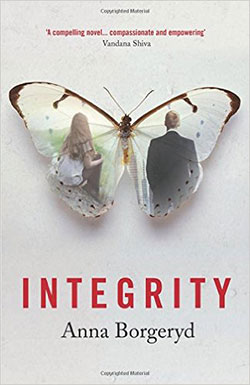 Anna Borgeryd
Anna Borgeryd
Integrity
Cynthia Kite, tr.
New Internationalist
While delivering a baby in the Colombian rainforest, Vera, a nurse, meets indigenous people who change her perspective on sustainability. After a personal disaster, she returns home to Sweden, where she meets a businessman with a troubling history. Borgeryd, who is both involved in a family business and one of Sweden’s leading environmentalists, began this Swedish cult classic as a screenplay. In its current form, the novel combines genres as a romantic comedy about changing direction in a self-destructive world.
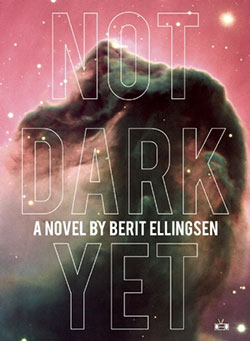 Berit Ellingsen
Berit Ellingsen
Not Dark Yet
Two Dollar Radio
Higher temperatures have become a part of everyday life by the time Brandon abandons his unnamed city and moves to a cabin in the woods. His departure follows an affair with his professor and the traumatic death of a research animal. Surrounded by environmental activists who are using the increased temperatures to begin an ambitious agricultural project, Brandon applies for an astronaut-training program. But in the face of environmental and personal catastrophe, optimism might not be enough.
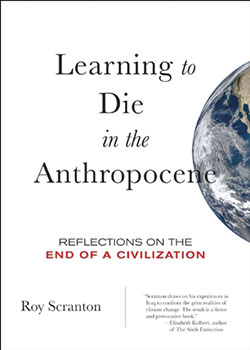 Roy Scranton
Roy Scranton
Learning to Die in the Anthropocene
City Lights Publishers
After returning home from the war in Iraq, Scranton faced a new crisis: the threat of global climate change. This book, expanded from an acclaimed New York Times series, combines memoir, philosophy, and science journalism. Not only is our society doomed, according to Scranton, but we must consider it already dead. As hurricanes and drought sweep across the United States and infrastructure fails, the author calls on the reader to consider not only individual mortality but also the inevitable collapse of human civilization.


